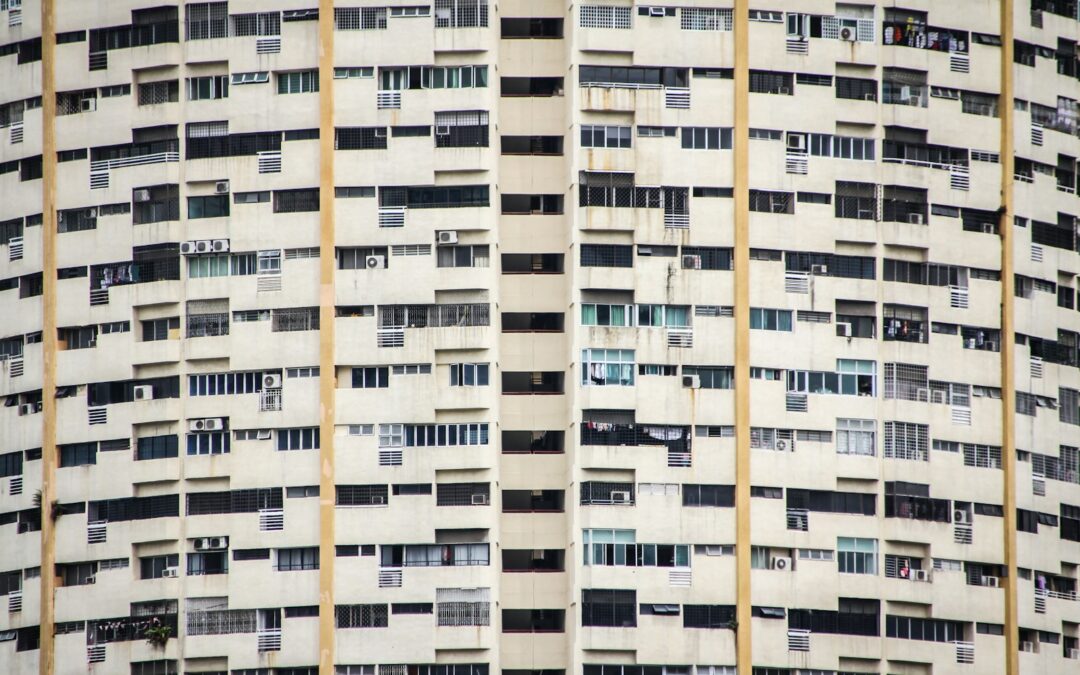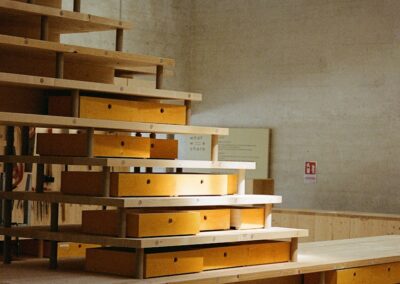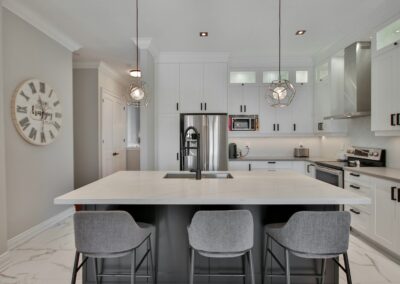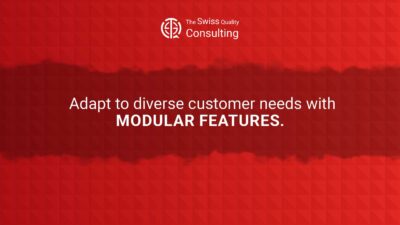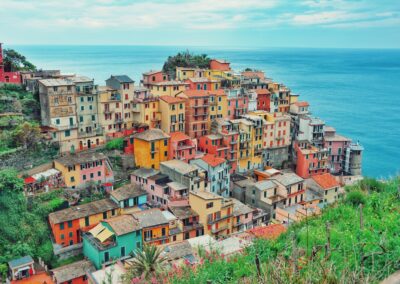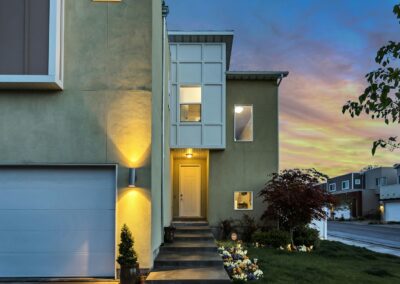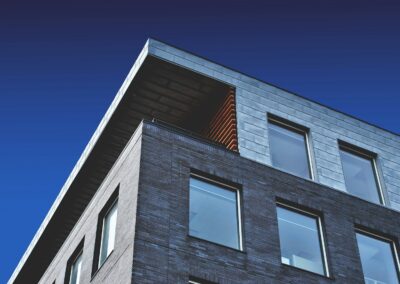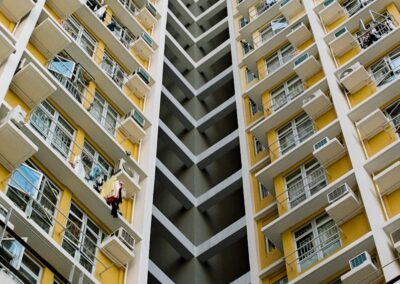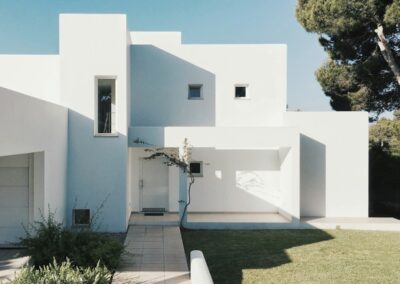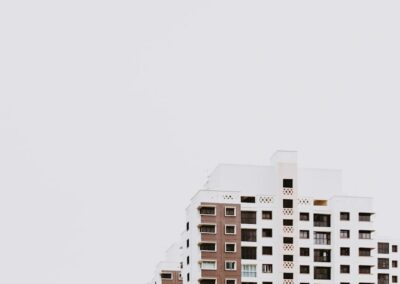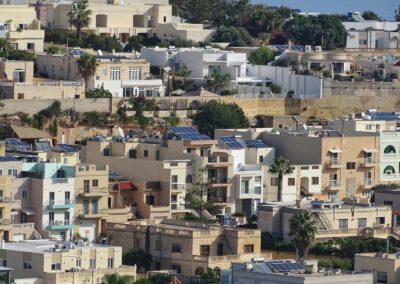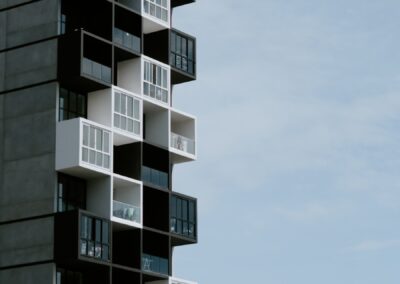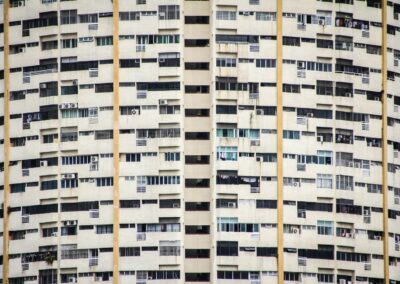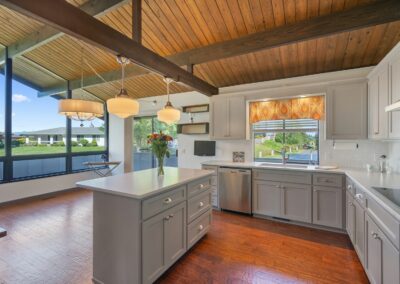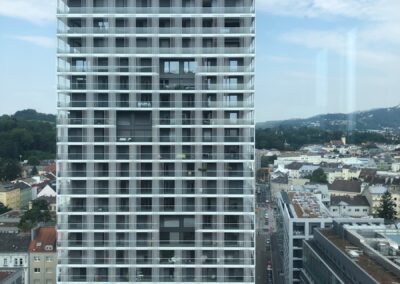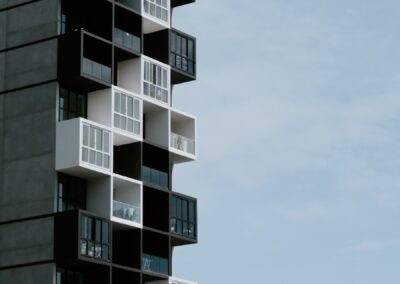Tailoring Modular Housing to Meet Unique Needs
Introduction to Modular Housing Adaptation
Modular housing adaptation focuses on tailoring prefabricated housing solutions to meet the unique cultural and regional needs of diverse populations. By leveraging the flexibility of modular construction, developers can create housing that aligns with local traditions, climate conditions, and lifestyle preferences. In regions like Saudi Arabia and the UAE, modular housing offers a promising solution to address housing demands while respecting cultural contexts and enhancing living standards.
In Saudi Arabia, modular housing adaptation is particularly relevant due to the country’s ambitious Vision 2030 initiative, which aims to diversify the economy and improve living standards. Modular housing can be customized to suit the architectural styles and social norms prevalent in Saudi society, providing comfortable and culturally appropriate living spaces. This approach not only addresses the housing shortage but also supports the nation’s broader goals of modernization and sustainable development.
Dubai, known for its innovative urban planning and architecture, is also exploring the potential of modular housing. The city’s diverse population and rapid growth create a demand for flexible and scalable housing solutions. Modular housing adaptation allows for the integration of local design elements and amenities, ensuring that new developments meet the expectations and preferences of Dubai’s residents. This strategy contributes to the city’s vision of becoming a global leader in sustainable and inclusive urban development.
Understanding Cultural Contexts
Incorporating Traditional Architectural Styles
One of the key aspects of modular housing adaptation is incorporating traditional architectural styles that resonate with the local culture. In Saudi Arabia, for example, traditional elements such as courtyards, arches, and intricate geometric patterns can be integrated into modular designs. This not only preserves cultural heritage but also creates a sense of familiarity and comfort for residents. By blending modern construction techniques with traditional aesthetics, developers can offer housing solutions that honor the past while embracing the future.
In Riyadh, modular housing projects that reflect traditional Najdi architecture are gaining popularity. These designs often include features such as wind towers for natural ventilation and mashrabiya screens for privacy. By incorporating these elements, modular housing can provide a culturally sensitive solution that meets the needs of Saudi families. This approach aligns with the city’s commitment to preserving its architectural heritage while promoting innovative urban development.
Dubai’s multicultural population requires a different approach to modular housing adaptation. The city’s diverse architectural landscape includes influences from Islamic, Mediterranean, and contemporary styles. Modular housing in Dubai can incorporate elements such as shaded outdoor spaces, water features, and modern facades to create appealing and functional living environments. This adaptability ensures that modular housing meets the varied tastes and preferences of Dubai’s residents, enhancing their quality of life.
Addressing Climate and Environmental Factors
Climate and environmental factors play a crucial role in modular housing adaptation. In the hot and arid regions of Saudi Arabia and the UAE, housing designs must prioritize thermal comfort and energy efficiency. Modular housing can be tailored to include features such as reflective roofing, insulated walls, and strategically placed windows to reduce heat gain and enhance natural cooling. These adaptations not only improve comfort but also reduce energy consumption, contributing to sustainability goals.
In Riyadh, modular housing projects that incorporate passive cooling techniques are essential for maintaining indoor comfort. By using materials with high thermal mass and designing layouts that promote cross-ventilation, modular homes can stay cool even during the hottest months. This approach not only enhances the living experience but also aligns with Riyadh’s efforts to promote energy-efficient building practices.
Dubai’s focus on sustainability is reflected in its approach to modular housing. The city’s green building regulations encourage the use of renewable energy sources and environmentally friendly materials. Modular housing in Dubai can include solar panels, rainwater harvesting systems, and green roofs to minimize environmental impact. These features not only support Dubai’s sustainability initiatives but also provide residents with eco-friendly and cost-effective living options.
Meeting Diverse Population Needs
Customizing Layouts and Amenities
Modular housing adaptation involves customizing layouts and amenities to meet the specific needs of diverse populations. In Saudi Arabia, this may include designing homes with separate living areas for men and women, as well as spaces for extended family gatherings. Modular designs can be easily adjusted to include these features, ensuring that the housing meets the social and cultural requirements of Saudi families. This customization enhances the functionality and appeal of modular homes, making them a viable option for a wide range of residents.
In Riyadh, modular housing projects that offer customizable floor plans are particularly attractive to residents. By allowing families to choose layouts that suit their lifestyle, developers can create homes that cater to individual preferences. This flexibility is a key advantage of modular housing, enabling it to adapt to the evolving needs of Riyadh’s population.
Dubai’s modular housing market also benefits from customization options. The city’s diverse population includes expatriates from various cultural backgrounds, each with unique housing preferences. Modular homes in Dubai can be tailored to include features such as open-plan living areas, home offices, and private outdoor spaces. These customizable designs ensure that modular housing meets the needs of Dubai’s cosmopolitan residents, enhancing their overall living experience.
Ensuring Affordability and Accessibility
Affordability and accessibility are critical considerations in modular housing adaptation. Modular construction offers cost savings through efficient production processes and reduced construction times. This makes modular housing an affordable option for a wide range of residents, including low- and middle-income families. By providing cost-effective housing solutions, modular housing can address affordability challenges in regions like Saudi Arabia and the UAE.
In Riyadh, affordable modular housing projects are essential for meeting the growing demand for housing. By leveraging the cost efficiencies of modular construction, developers can offer high-quality homes at competitive prices. This approach not only addresses the housing shortage but also supports Riyadh’s goals of providing accessible and affordable housing for all residents.
Dubai’s commitment to inclusivity is reflected in its approach to modular housing. The city’s affordable housing initiatives aim to provide high-quality living spaces for residents of all income levels. Modular housing in Dubai can include features such as accessible entrances, elevators, and adaptable layouts to accommodate residents with disabilities. These inclusive designs ensure that modular housing meets the needs of all residents, promoting social equity and enhancing community well-being.
Conclusion
Modular housing adaptation offers a flexible and scalable solution to meet the diverse cultural and regional needs of populations in Saudi Arabia, the UAE, and beyond. By incorporating traditional architectural styles, addressing climate factors, and customizing layouts and amenities, modular housing can provide comfortable and culturally appropriate living spaces. Additionally, the affordability and accessibility of modular housing make it a viable option for a wide range of residents, supporting broader goals of sustainability and social equity.
As cities like Riyadh and Dubai continue to embrace modular housing adaptation, they set a positive example for urban development worldwide. By prioritizing cultural sensitivity, environmental sustainability, and inclusivity, these cities demonstrate the potential of modular housing to create vibrant and resilient communities. By adopting these principles, other regions can also achieve success in meeting the housing needs of their diverse populations, contributing to a more sustainable and inclusive future.
—
#ModularHousingAdaptation #CulturalContexts #RegionalNeeds #DiversePopulations #SaudiArabia #UAE #Riyadh #Dubai #ModernTechnology #BusinessSuccess #Leadership #ManagementSkills #ProjectManagement

